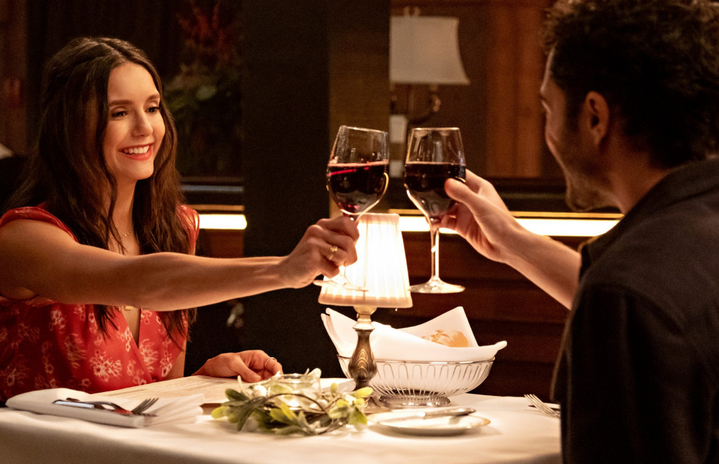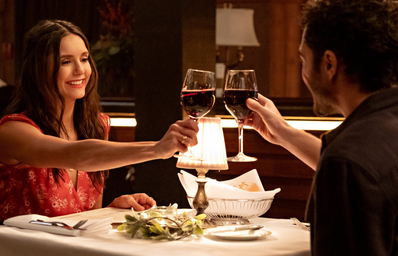If there’s something you might have in common with 3,150 other people on campus, it’s that on October 19, an email popped into your inbox holding your Marriage Pact match. Columbia Marriage Pact was the buzz at Columbia University over the past couple of weeks. It was attractive especially to students who were seeking a relationship (or for some others, just a way to satiate their curiosity) but were too occupied to do so using more… traditional means. Marriage Pact participants were directed to answer a handful of questions about themselves, ranging from how smart they think they are compared to other Columbia students to whether they’d want their name on a building or not. In return, they were promised something akin to a campus soulmate—they would receive the name of their match according to the program’s algorithm.
Marriage Pact was created in 2017 by two Stanford undergraduates and has since taken college campuses by storm. They are currently on 78 different campuses and have had over 250,000 participants. For Columbia specifically, this is our campus’ third time having a Marriage Pact round.
This most recent round of Columbia’s Marriage Pact had its challenges, but overall was a success for (most) participants. With an initially scheduled notification of matches over the weekend, the process was suspended after organizers notified participants that the pool of participants was “lopsided.” There were a few hundred more women than men, meaning that there’d be many heterosexual women without matches. To solve the problem, the deadline was extended to 8 PM on Monday, October 17, and Columbia Marriage Pact urged men attracted to women to take their chance and fill out the pact.
The deadline was then extended again, seemingly arbitrarily, to 8 PM on Tuesday, October 18, and this pushed the number of submissions to over 3,000. To keep their participants appeased, each person was sent the initials of their match on Wednesday, and finally, matches were sent out on Thursday night.
While Marriage Pact has created successful matches in the past, it seems that the overwhelming majority of Columbia was not lucky in finding love. Many people received friend matches instead of the expected romantic ones, and others are unfortunately being ghosted after reaching out to their match. However the Marriage Pact worked out for you, I wouldn’t lose hope. Next year could be your year to find love!


